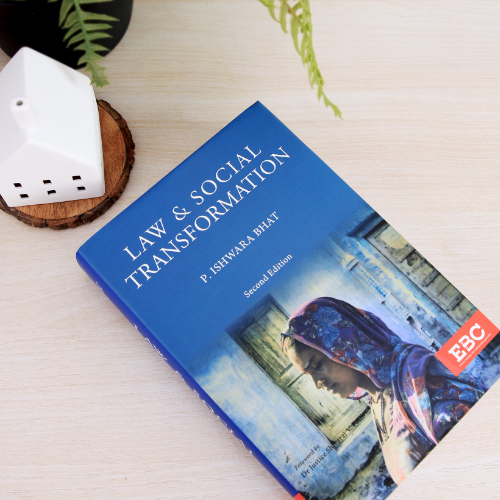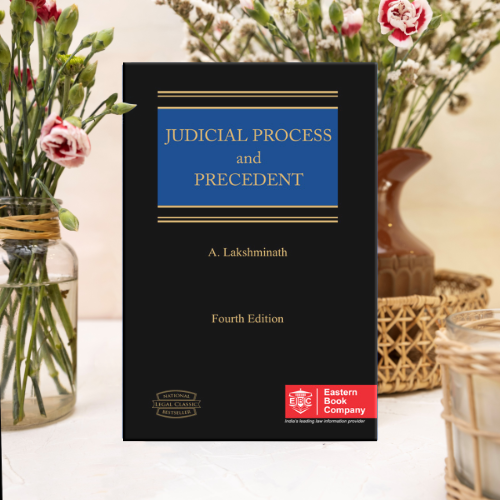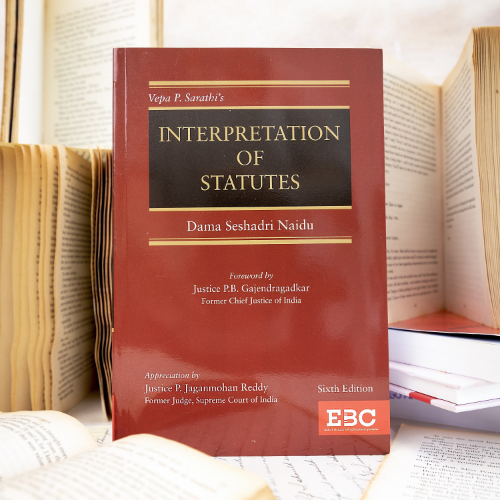
An LL.M. isn’t just about earning a degree . It’s about transforming the way you think about law. The right books can sharpen your legal insight, challenge your perspectives, and guide your academic and professional growth. Here are key reads that will shape and elevate your LL.M. journey.
Legal Research: Approaches, Methods and Techniques
by K I Vibhute
This book explains the fundamentals, methods, and techniques of legal research. It aims to guide researchers on conducting effective legal studies, focusing on the law-society relationship. Widely used by universities and NLUs, it is divided into three parts: basics of research, different research approaches, and specific methods. Each chapter includes quotes and learning objectives for clarity. Annexures provide key UGC guidelines on plagiarism and citation.

V.D. Mahajan’s Jurisprudence and Legal Theory
by V B Coutinho
Justice K. Ramaswamy called jurisprudence “the eye of the law” that reflects society. Originally meaning “knowledge of law,” its scope is now much broader. The new edition of V.D. Mahajan’s Jurisprudence and Legal Theory is updated with recent Indian cases and covers key topics like legislation, precedent, legal rights, and a new chapter on Feminist Movements. It explains legal concepts clearly and includes suggested readings and an index, making it a useful guide for students and scholars.

International Law And Human Rights
by K C Joshi
The 4th edition of International Law and Human Rights by K.C. Joshi is fully revised and expanded. It includes updated cases, recent judgments, and current issues like Aadhaar, Sabarimala, LGBT rights, and the Rohingya crisis.Three new chapters cover Humanitarian Law, Social Inclusion, and GANHRI. Key laws and Supreme Court decisions are also added.The International Law section features the Chilcot Report, India’s surgical strikes, the Nuclear Weapons Treaty (2017), and the Paris Agreement (2016).

Law and Social Transformation
by P Ishwara Bhat
Law and Social Transformation by Dr. P. Ishwara Bhat explores how the Indian legal system shapes social change. It reflects a strong commitment to multiculturalism, empowerment, and modern values. The book covers India’s legal journey toward justice and equality. It discusses issues like religion, language, and ethnicity. It also examines how law impacts women, children, and backward classes. The role of law in politics, the economy, and civil society is studied in the context of globalization. The new edition includes recent case laws and a chapter on the legal response to COVID-19.

Judicial Process and Precedent
by A. Lakshminath
The new fourth edition of this scholarly work is more detailed and up-to-date, with extensive coverage and the latest case law. It explores the role of precedent in the Indian legal system and examines how its various elements interact. Key topics include stare decisis, ratio decidendi, judicial law-making, overruling of precedent, Article 141, the right to life, and the judicial approach to the death penalty. Two new chapters—“Judicial Process: A Prologue” and “Basic Structure Doctrine: Judicial Dynamics”—have been added. The book also includes recent landmark rulings from the Supreme Court and High Courts. Notably, it has been cited by Supreme Court judges, including former Chief Justice R.C. Lahoti.

Vepa P. Sarathi’s Interpretation of Statutes
by Dama Seshadri Naidu
Vepa P. Sarathi’s Interpretation of Statutes, revised by Dama Seshadri Naidu, is a clear and authoritative guide on statutory interpretation. It emphasizes understanding a statute’s true purpose using all relevant materials, including travaux préparatoires, and explains the limits of other interpretative rules. Updated with recent Indian and foreign case law, it includes appendices on the General Clauses Act, 1897, and legal maxims. Cited by the Supreme Court in several landmark cases, it remains an essential resource for legal professionals and scholars.

















